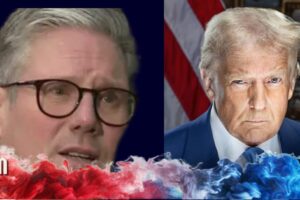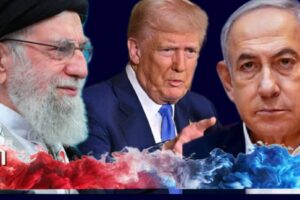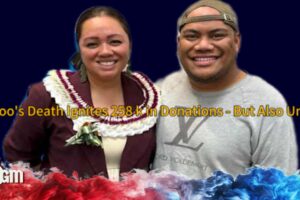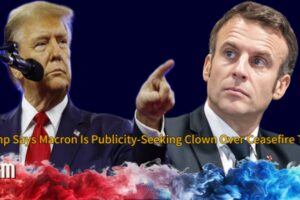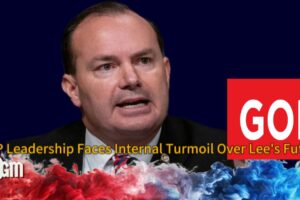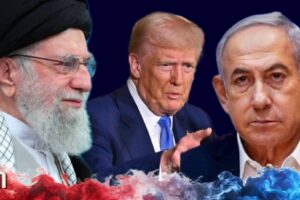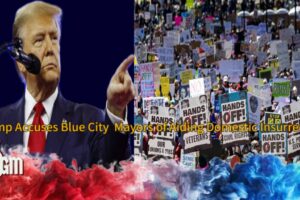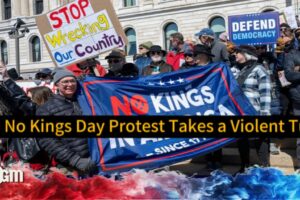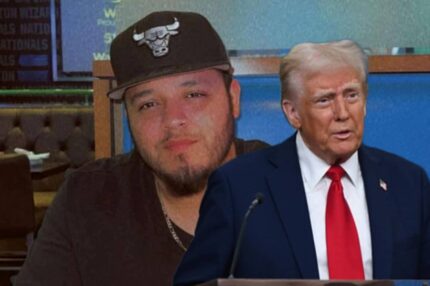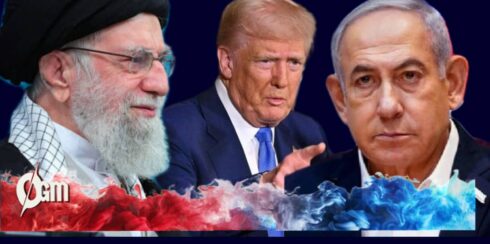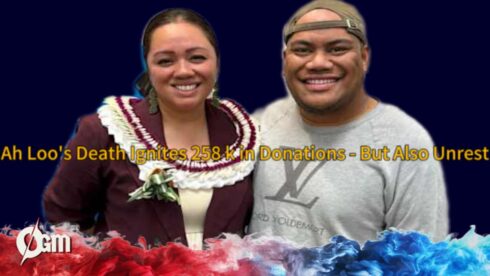President Donald Trump has suggested he “could” intervene personally to bring back Kilmar Abrego Garcia, a Salvadoran national who was mistakenly deported from the United States last month in what government officials labeled an “administrative error.” Speaking in an interview aired Tuesday with ABC News, Trump responded to questions about the case by saying he might call Salvadoran President Nayib Bukele to push for Abrego Garcia’s return — though he added, “if he were the gentleman that you say he is, I would do that, but he’s not.”
Abrego Garcia, now imprisoned in El Salvador, had previously been granted protection from deportation under a 2019 federal court ruling due to fears of gang persecution. Nevertheless, he was removed last month under the Trump administration’s sweeping deportation initiative targeting alleged gang members. The administration has maintained that the decision to return Abrego Garcia lies with El Salvador, while President Bukele has asserted he “does not have the power” to unilaterally send him back.
Legal Orders Clash with Trump Administration Hesitation
The Supreme Court earlier this month affirmed a lower court’s directive ordering the Trump administration to “facilitate” Abrego Garcia’s return. The ruling partially upheld U.S. District Judge Paula Xinis’ decision that the administration violated a prior ruling protecting Garcia from removal. Judge Xinis has expressed frustration at what she sees as federal defiance of her orders and demanded updates on efforts to secure Garcia’s return.
Despite the Supreme Court’s ruling, the Trump administration has hesitated to act directly, with Trump emphasizing he is “not the one making this decision.” He claimed his legal advisors discouraged him from contacting Bukele, stressing that he is “following the law.” Legal advocates have argued that the government has a clear responsibility to comply with the court and that failing to do so undermines judicial authority.
Controversy Over MS-13 Allegations
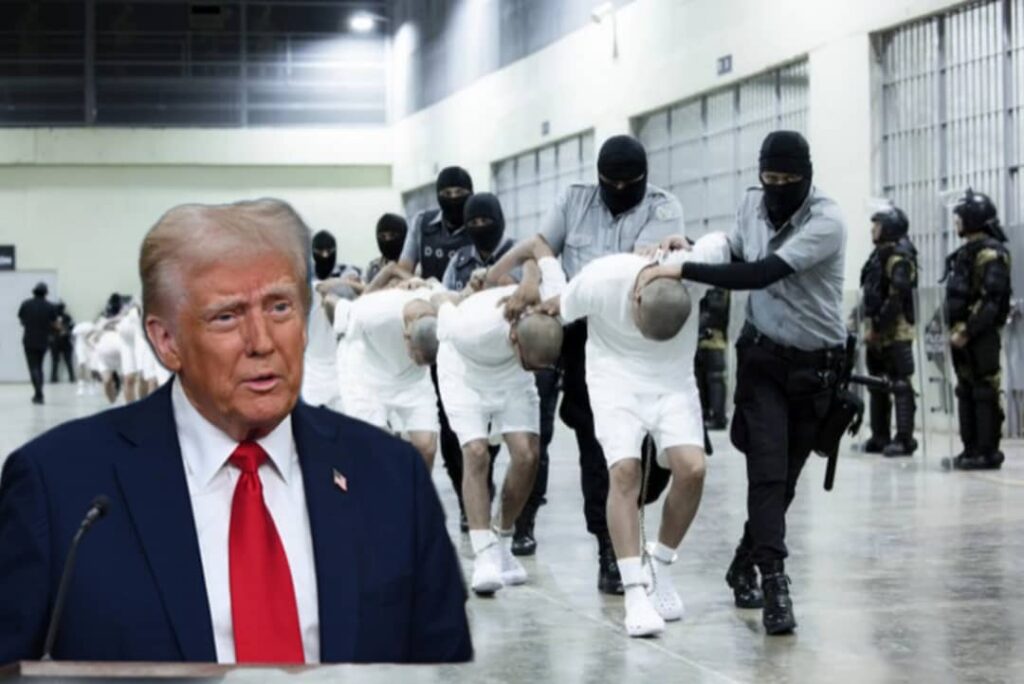
Trump further complicated the case by labeling Abrego Garcia an “MS-13 gang member, a tough cookie,” during the ABC interview, and claimed Garcia had assaulted his wife. These assertions, however, remain unsubstantiated in a court of law. Abrego Garcia has never been charged with any crime in the U.S., and his attorneys have vehemently denied gang affiliation, calling the allegations speculative and prejudicial.
Garcia’s wife, who obtained a temporary protective order against him in 2021, has since said the situation did not escalate and that she chose not to pursue further legal action. Nevertheless, Trump repeated the allegations in a separate interview with Time Magazine last week, suggesting that Garcia’s character made the case undeserving of high-level diplomatic intervention.
Deportation Tied to Controversial Legal Framework
Garcia’s removal occurred as part of a broader Trump-era strategy invoking the Alien Enemies Act of 1798, a seldom-used statute that allows the U.S. government to deport non-citizens during wartime or under national security concerns. Hundreds of suspected gang members were deported under this authority, raising alarms among legal scholars and human rights advocates due to the lack of due process afforded to detainees.
Although Garcia had lived in the U.S. since the age of 16 and had previously received legal protections, he was included in a mass deportation flight and later detained at El Salvador’s notorious Terrorism Confinement Center. The administration has since conceded in court filings that Garcia’s removal was an error, but has yet to make a clear effort to rectify it.
Immigration Due Process Debate Reignited
The high-profile case has reignited national debate over due process for undocumented immigrants, particularly those accused of criminal activity without formal charges. When asked whether all migrants should receive full legal hearings, Trump said, “We follow the legal process,” but also argued that doing so for every undocumented individual would be “impractical.” He added, “They get whatever my lawyers say.”
The administration’s stance has drawn criticism from civil rights groups, who contend that branding individuals as gang members without evidence erodes constitutional protections and endangers lives. As legal pressure mounts and international attention grows, whether Trump will make the call to El Salvador remains uncertain — and could test the boundaries of presidential authority in immigration enforcement.

